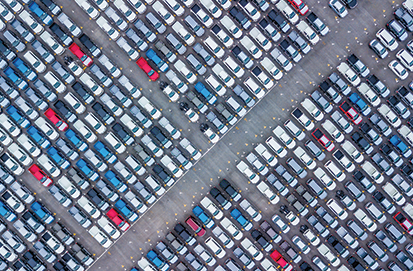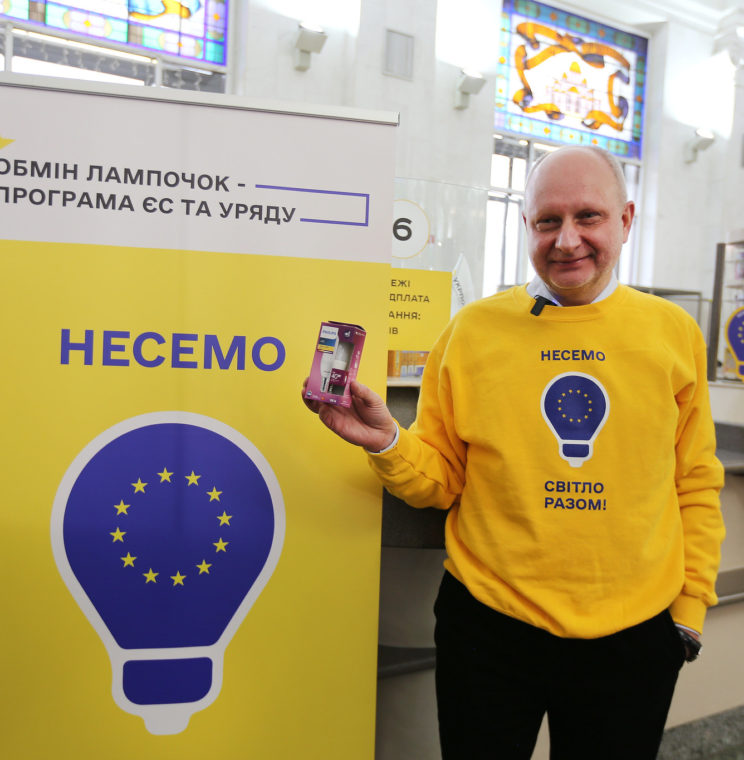What is the impact of international vehicle trade on the Dutch market?
BOVAG members (Association of Car (Mobile) Dealers and Garage Owners) need unambiguous rules regarding the import and export of used vehicles, according to research recently conducted by Ecorys. The current laws and regulations are complex, leading to procedural errors and uncertainties. BOVAG members would like to have a specialized point of contact within the Tax Administration when they have questions about the BPM (Private Motor Vehicle and Motorcycle Tax) return or refund and the VAT refund. This would prevent errors and speed up the import/export process.
In the Netherlands, a large number of used vehicles are imported (over 242,000 in 2020) and exported (over 320,000 in 2020). Imports and exports are necessary because supply and demand in the Netherlands of used cars and vans are not well matched. The demand for young vehicles is greater and wider than the supply. To meet the demand, more and more used cars are being imported from abroad.
At the same time, export is very important, because otherwise the Netherlands would have a surplus of certain (older) models that come from leasing, for example, but for which there is no demand within the Netherlands. The Dutch automotive industry experiences several bottlenecks in the import and export of vehicles. Ecorys has identified the various bottlenecks, their extent and possible solutions.
Bottlenecks in the import and export process.
The main bottleneck in the import process is determining the BPM. BOVAG members use several methods to determine the BPM, with different reasons for choosing one of the methods (the depreciation table, price lists or the valuation report). The scope to determine BPM in different ways can lead to market distortion.
The export process has several bottlenecks; in particular, BPM and VAT refunds can cause problems. Reasons for this are more complex laws and regulations and lack of clarity about when to comply with the rules. For the BPM refund, the rule is that the vehicle must be permanently registered in another EU or EEA within 13 weeks of export. Whether this obligation is met for the exporter is often difficult to determine. For the VAT refund, the exporter must conduct an extensive customer due diligence. The requirements surrounding the customer background check are insufficiently transparent for BOVAG members, leading to considerable uncertainty as to whether the verification obligation has been met.
The above bottlenecks contribute to the demand for unambiguous laws and regulations and a specialized point of contact within the Tax Administration, where questions can be asked.
Want to know more? Read the Dutch research report (pdf) for more information.
Do you have a question or would you like more information about our approach? Then please contact Marten van den Bossche or Linette de Swart.

16 June 2021
2 minute read
Key Experts
Linette de Swart
Principal Consultant
Marten van den Bossche
Senior Partner



